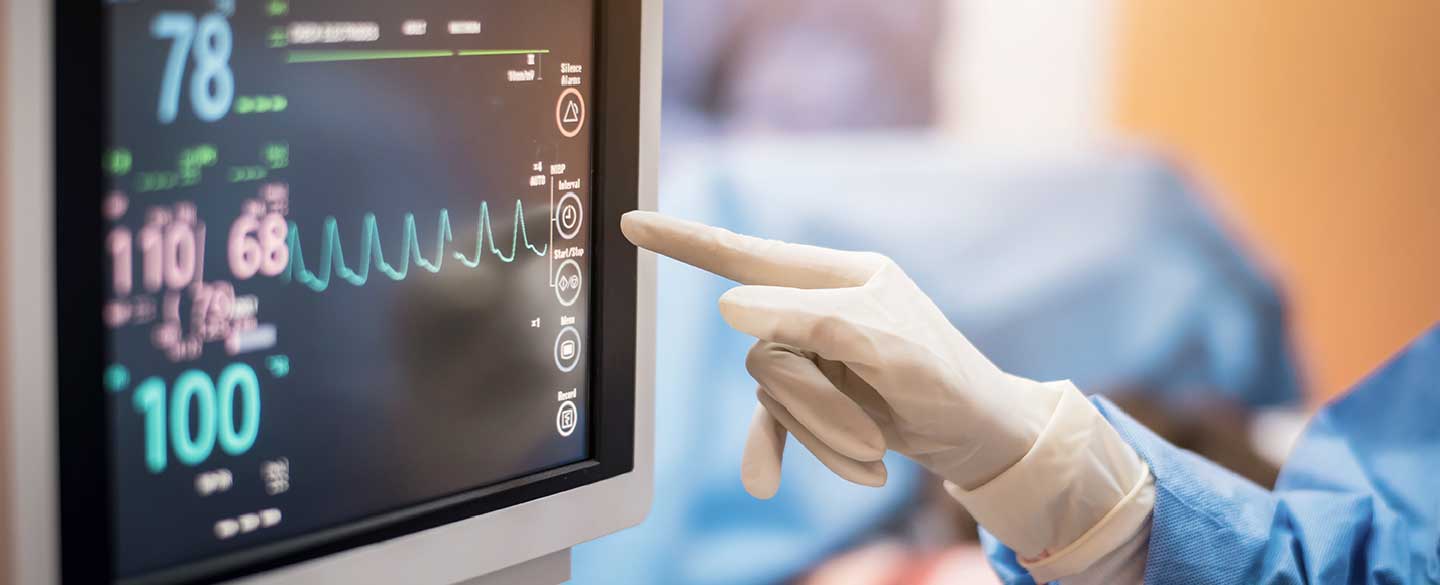What is Angioplasty?
Angioplasty uses a tiny balloon catheter that is inserted in a blocked blood vessel to help widen it and improve blood flow to your heart.
Angioplasty is often combined with the placement of a small wire mesh tube called a stent. The stent helps prop the artery open, decreasing its chance of narrowing again. Most stents are coated with medication to help keep your artery open. Angioplasty can improve symptoms of blocked arteries, such as chest pain and shortness of breath.
Certain abnormal heart rhythms (known as arrhythmias) may occur at irregular hours and/or under specific conditions where stress or intense activities are experienced. As such, a traditional ECG test during a doctor’s consultation may not be indicative or as accurate as data collected from a Holter monitor that are recorded over an extended period of time.
Results from the Holter monitor recording can also help to assess one’s risk for other potential CVD.

